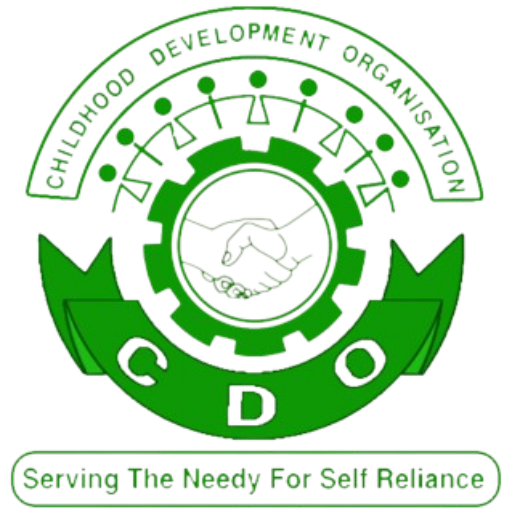


The Integrated School Readiness Program (ISRP)/Watoto Wetu Tunu Yetu” is five years (5) Strategic and Development Program implemented in 3 Regions of Mwanza, Dodoma and Morogoro in Tanzania mainland, the programme is supported by Children in Crossfire (CiC) Tanzania under Irish Aid from the Government of Ireland’s official international development aid program. In Morogoro Region programme implementation started since 2017 as a pilot/baseline survey, and direct implementation of the programme started on April 2018/2022. The Childhood Development Organization (CDO) is a non governmental organization that implements Watoto Wetu Tunu Yetu in Morogoro Region in 3 district councils of Mvomero, Ifakara Tc, and Mlimba Dc.
Watoto Wetu Tunu Yetu Program has the three components which are Early Stimulation / Parenting (0-2) Early Childhood Education which is divided into two areas -Community ECD Centers (3-4 years) and Pre-primary classes (5-6years) while carrying the objective to increase the school readiness to young children in the impact district. CDO has been working closely with different stakeholders including Governmental Authorities from lower level to higher level i.e., President’s Office Regional Administration and Local Government (PORALG), Ministry of Health Community Development, gender, elderly and Children (MOHCDGEC), Ministry of Education Science and Technology (MOEST) through Tanzania Institute of Education (TIE), Teachers Training Colleges (Mhonda, Mandaka, Singachini, Nachingwea), Morogoro Regional Administrative Secretary Office, District officials, ward officials, schools, and communities.

Since 2005, the organization has been supporting 150 orphan....

Donate any Amount to support the most sick students cared by CDO

Donate any Amount to support the most sick students cared by CDO

Donate any Amount to support the most sick students cared by CDO
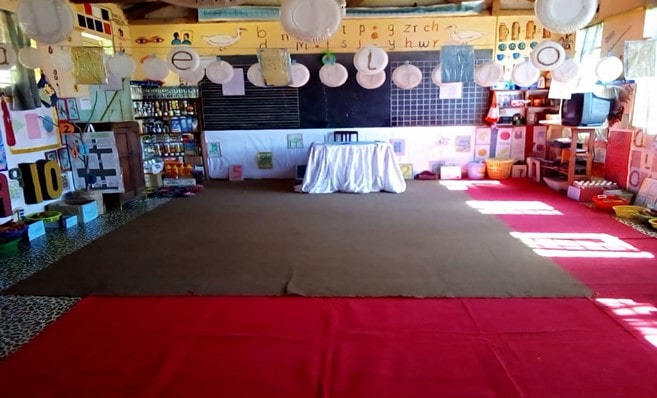
By 2022 Programme reached a total of 7,906 children from pre primary class (3860 Boys and 4046 Girls), and total of 670 children from ECD centres (362 Male and 308 Female), also programme reached 479 pre primary teachers (354 male, 125 female) 465 Head teacher (342 male, 123 female).
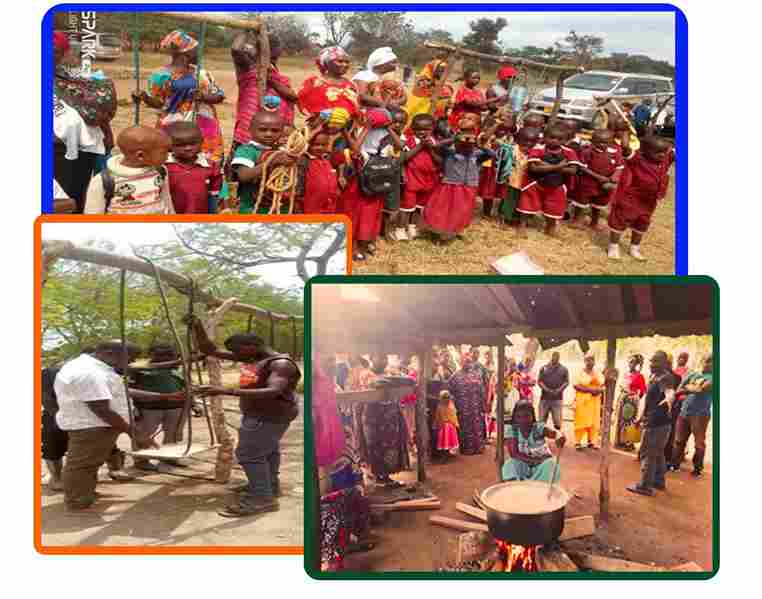
The programme engagement started from lower level of village/community in all levels of planning and budgeting and implementation process. The collection and prioritization of different issues from the community depend on the proper involvement of communities in all levels of implementation. The involvement of Village level aimed also to create awareness and the importance of Village government to plan and budget for Early Childhood Development programs in Village budgets and plans. Integrated school Readiness Programme conducted various meetings at village levels.
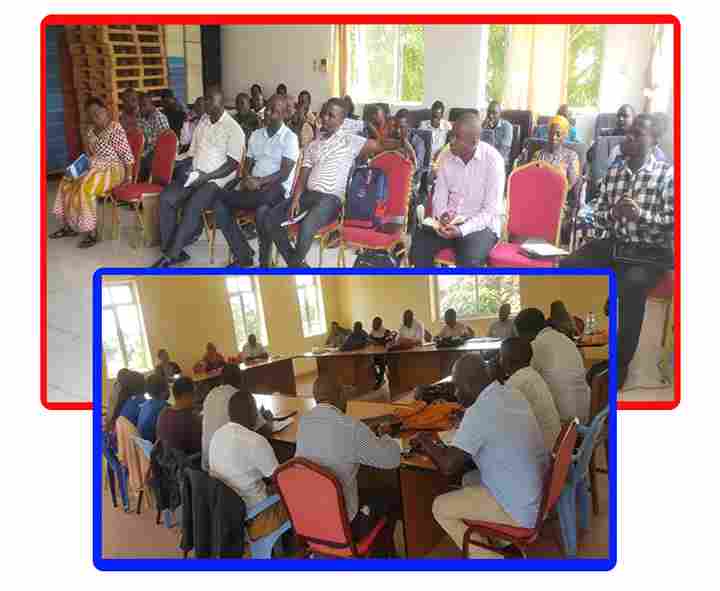
The Programme in collaboration with District education office abled to designed a reporting tool/template, that used as a guide to WEOs on daily follow up. Report sends to DEO/DAO office and copied to ISRP office, that help to keep WEO responsible on follow up and scaling of the programme.
Programme participated twice in Mvomero District WEOs Quarterly Review Meeting; the main objectives of the meetings were to discuss Academic development in Primary Schools in Mvomero District as well as the implementation of various development projects including the ISRP Project (Watoto Wetu Tunu Yetu). A total of 26 Ward Education Officers were able to attend the meeting and provide feedback on the implementation of the Program.
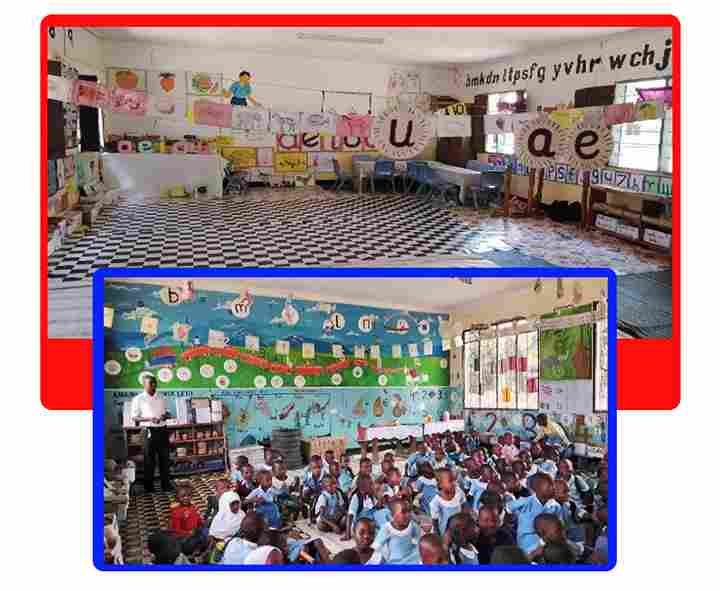
ne of the big achievements reached by the programme is transformation of PPE classroom, pre primary teachers training, supported learning kit, parents meeting, community of learners, and frequent monitoring and mentorship are the components that contributed in such transformation, more than 89% of the programme schools both from Phase I, phase II and cascaded schools in Mvomero, Ifakara, and Mlimba has transformed.

The programme activity planned in jointly at programme level, presented to management for clarity and inputs for better resources management, and attain intended results.

The engagement of Ward Education Officers supported the establishment of community of learners, which result into engagement of pre primary teachers and standard I & II teachers.
